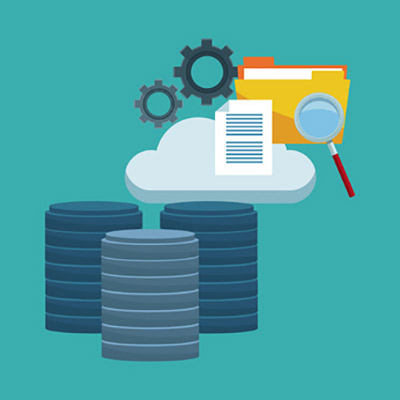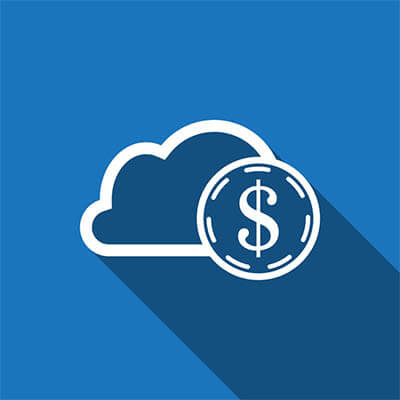In today’s interconnected world, an organization dedicated to fraud protection like the United States Federal Trade Commission is vital, especially when you consider how advanced digital technology has become and continues to grow. The FTC works to ensure consumer data stays protected by the businesses to which they entrust it. Let’s look at the Safeguards Rule and what your business should know about it.
BondarTech is proud to announce the launch of our new website at www.bondartech.com. The goal of the new website is to make it easier for our existing clients to submit and manage support requests, and provide more information about our services for prospective clients.
The password isn’t nearly as secure as it used to be. Hackers have begun to take advantage of extremely powerful solutions designed to brute force their way into accounts by using software to rapidly guessing thousands of passwords per second, making it extraordinarily difficult to prepare yourself for them. What’s the best way to guarantee that passwords aren’t going to be the downfall of your company? A great start is by taking a close look at password best practices and two-factor authentication.
Data security isn’t a matter to be taken lightly, as too many businesses have found out the hard way. Unfortunately, there are far too many simple ways to correct common security issues – enough that it’s foolish not to do so. We’ll review a few ways to fix security issues, after discussing one of, if not the, most egregious security failings in modern history.
Despite what detractors say, regulations are in place for good reason. They typically protect individuals from organizational malfeasance. Many of these regulations are actual laws passed by a governing body and cover the entire spectrum of the issue, not just the data involved. The ones that have data protection regulations written into them mostly deal with the handling and protection of sensitive information. For organizations that work in industries covered by these regulations there are very visible costs that go into compliance. Today, we look at the costs incurred by these organizations as a result of these regulations, and how to ascertain how they affect your business.
There is no question that a small business can benefit from technology, as has been proven time and time again. However, an issue can arise if a business bites off more than it can chew, so to speak, and ultimately creates a spike in costs. A responsible business owner will resist this temptation and prioritize the solutions they need over the ones they want – building profitability and generating capital needed to make other improvements. In this blog, we’ll examine some of the implementations that can deliver a good return on investment to a small business.
Profitability is less the measure of being able to turn a profit, and more the measure of how much profit you can make. For the successful small business, the integration of technology can dictate what kind of annual margins you are looking at. For the new company, however, it can be something even more critical: the difference between setting a course for success, or wallowing in failure. Today we analyze the cost difference between hosting your IT in-house, or choosing to host it in the cloud.
How much does your business rely on technology to keep your organization running forward? As business technology becomes more complex, it’s becoming increasingly popular for organizations to have their own internal IT departments to manage and maintain it. Yet, small businesses don’t often have the necessary funds for such a feat. How can your company afford quality IT service? You can start by pursuing managed IT solutions from a managed service provider.
The late American author Kurt Vonnegut once wrote, “New knowledge is the most valuable commodity on earth. The more truth we have to work with, the richer we become.” Written in the 20th century, it has been put in practice by 21st century businesses. As the Internet has grown, the amount of companies expanded, and the amount of data that those companies collect has grown exponentially, especially now that there is a market for such data.
The cloud has proven to be an extremely useful tool for the modern business. Not only does it provide anywhere-anytime access to applications, processing, storage, et al; it also delivers those products as a service, allowing you to budget for recurring costs rather than major upfront ones. This provides your organization with functional, supported, and secure computing environments that eliminate a lot of the support costs that traditional computing environments require. It sounds like a perfect scenario for small and large businesses alike, but things aren’t always what they seem, as a lot of cloud users have found that they have incurred several hidden costs by using cloud platforms. Today, we take a look at these hidden costs.










